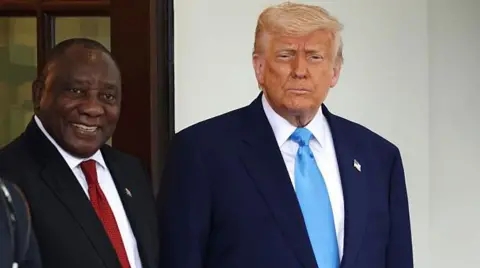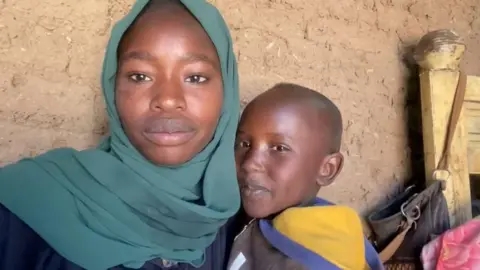Starting August 7, South African exports to the United States will face a 30% tariff—the highest rate imposed on any African nation by the Trump administration. The move signals deepening tensions between Washington and Pretoria, particularly under President Cyril Ramaphosa’s leadership.
Other African countries, including Nigeria, Ghana, Lesotho, and Zimbabwe, will see a 15% tariff on their goods, while Kenya and Ethiopia benefit from a lower 10% rate. North African nations like Algeria and Libya also face the maximum 30% levy, with Tunisia hit by a 25% charge.
The decision deals a significant economic blow to South Africa, as the U.S. is its second-largest trading partner. Previously, key industries—such as automobiles, agriculture, and textiles—enjoyed duty-free access under the African Growth and Opportunity Act (Agoa), a 2000 trade initiative designed to boost African economies. The new tariffs effectively nullify Agoa’s benefits ahead of its scheduled review in September.
South African officials had been negotiating a potential trade deal, including commitments to purchase U.S. liquefied natural gas and relax restrictions on American poultry imports. However, talks failed to prevent the tariff hike. In response, Ramaphosa’s government pledged to continue discussions with Washington while preparing financial support for affected businesses. Some exemptions apply, including for copper, pharmaceuticals, and energy products.
Relations between the two nations have deteriorated sharply since Trump took office. The U.S. president has cut aid to South Africa, accusing it of discrimination against white citizens—a claim Pretoria denies. A May meeting between Trump and Ramaphosa did little to ease tensions.
The tariffs have drawn criticism from key industries. South Africa’s wine sector, which exports significantly to the U.S., warned of a “severe disadvantage” against competitors with lower rates. Meanwhile, Lesotho’s textile industry—a major employer supplying brands like Levi’s—fears it will struggle to compete under the new 15% duty.
While Kenya welcomed its lower tariff rate, other nations expressed concern over the economic fallout. The move underscores Trump’s broader trade strategy, which prioritizes protecting American industries over global partnerships. With negotiations ongoing, the long-term impact on African economies remains uncertain.









